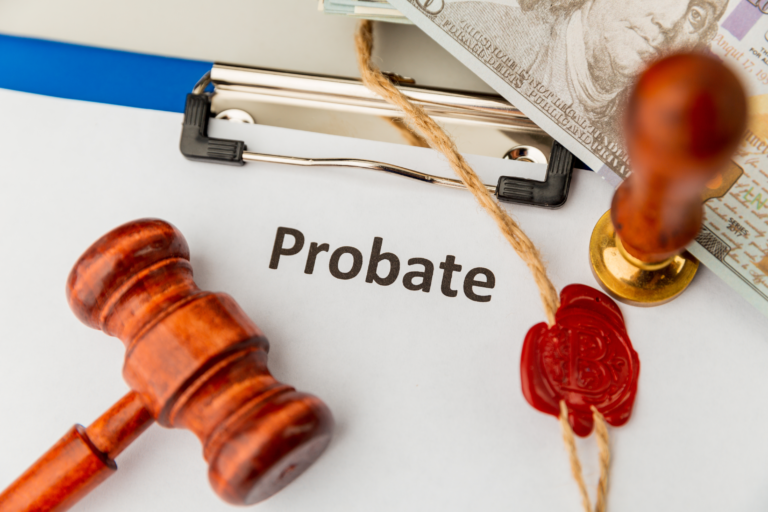During formal administration, a court will appoint a personal representative to administer the decedent’s assets and supervise the whole process until closing. In this article, you will discover the duties of a personal representative in Florida.
What Are the Duties of a Personal Representative in Florida? – The Essentials
Identifying and Gathering Property Subject to Probate
Once the court issues Letters of Administration, the personal representative has the authority to execute the decedent’s estate. Before proceeding with other tasks, it is essential to identify, gather, and value all of the decedent’s property subject to probate.
Serving Notice of Administration
The personal representative must notify the interested parties to the decedent’s estate that it is undergoing probate. In this regard, Florida Statutes §733.212 establishes that the personal representative must “promptly serve a copy of the notice of administration” to:
- The decedent’s surviving spouse
- The decedent’s beneficiaries
- The trustee of any trust (as specified by the Florida Probate Code)
- Each qualified beneficiary of the trust(s) (as specified by the Florida Probate Code), or
- Any person that may be entitled to exempt property
Handling Inventories and Accounting
As provided by Florida Statutes §733.604(1)(a), “a personal representative shall file a verified inventory of property of the estate, listing it with reasonable detail and including for each listed item its estimated fair market value at the date of the decedent’s death.”
Notifying Creditors
Once all the assets that are part of the decedent’s estate were identified and collected, the personal representative must serve Notice to Creditors. This way, any creditor(s) who may have a claim against the decedent’s estate has a chance to receive the owed amount.
Subsequently, after creditors have placed their claims against the estate, the personal representative must either pay or object to those claims.
Hiring Experts to Help During Probate
As it is plain to see, handling probate may be a complex and time-consuming task. Also, many tasks to be performed during the process require a more technical approach, such as appraising a home, calculating tax liabilities, filing tax returns, etc.
Accordingly, state law permits that the personal representative hires experts to help him/her throughout the probate process. It is worth noting that Florida’s formal administration legally requires the assistance of a probate attorney.
Handling Tax Liabilities
Considered one of the most complex tasks associated with administering a deceased person’s estate, the personal representative must handle all tax liabilities regarding the estate subject to probate. Ideally, the best approach is to seek professional guidance to ensure a stress-free experience.
Distributing the Assets Held in the Estate
Once all creditors’ claims have been either paid or objected to, the personal representative must assess whether there are still administrative obligations to satisfy (e.g., filing tax returns).
If there are no pending tasks, the personal representative can proceed with the distribution of the assets held in the estate to their rightful heirs.
Closing the Estate
After the decedent’s beneficiaries have received their fair share of the estate, the personal representative may legally close the estate and conclude probate proceedings. Florida Statutes §733.901 provide that “after administration has been completed, the personal representative shall be discharged.”
Plus, “the discharge of the personal representative shall release the personal representative and shall bar any action against the personal representative, as such or individually, and the surety.”
Are You Serving as a Personal Representative in Florida? – Immediately Contact Your Florida Probate Lawyer
During formal administration, personal representatives must be represented by a licensed attorney in Florida. Waste no time- call Attorneys Romy B. Jurado and Diana L. Collazos at (305) 921-0976 or email [email protected] to schedule a consultation.






